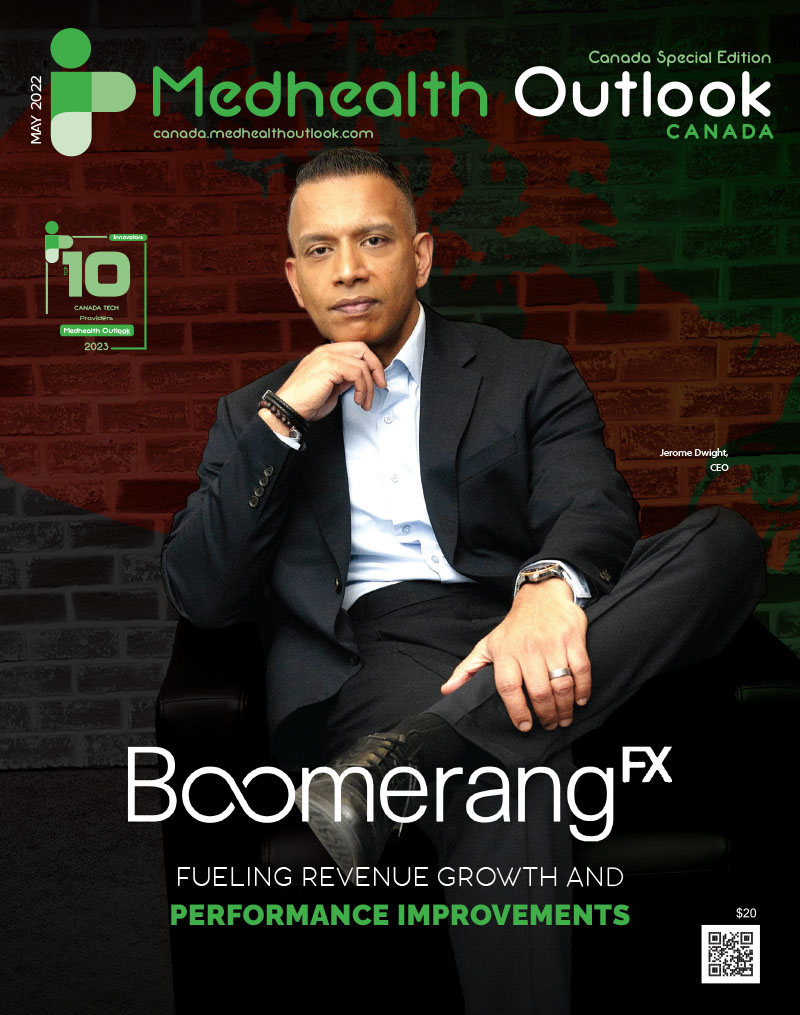Fifty years ago, 75% of children with cancer died; today, more than 84% of children diagnosed with cancer survive their disease for five years or more. In the UK, around 10 children and young people will be diagnosed with cancer every day.
Cancer is caused by genetic changes within a cell that divides and causes uncontrollable growth.
Symptoms of childhood cancer can present in a variety of ways with the most common being sudden changes to vision, excessive bruising, headaches with early morning sickness and severe pain in joints. There are 12 main diagnostic groups, with leukaemia accounting for 30% of diagnoses, brain and spinal tumours for 20% and lymphomas for 11%.
Treatment options for adults and children, at times, share similarities. With some exceptions, children tend to respond better because it can be more intense, and they generally have fewer pre-existing health issues. However, due to their growing bodies, it can be expected that two in three childhood cancer survivors will go on to experience long-term side effects from treatment such as heart failure, mobility issues, deafness, growth issues and infertility.
Chimeric antigen receptor T-cell therapy (CAR-T) — a form of immunotherapy — is a relatively new treatment which has revolutionised care for children. As a targeted therapy, immunotherapy teaches the immune system to recognise and fight cancerous cells by itself, reducing the need for exposure to toxic treatments. Pioneering research, funded by Children with Cancer UK, demonstrated that by genetically modifying immune cells and injecting them back into the immune system, children were in improved clinical remission in comparison to chemotherapy treatment.
Today, experts are improving on this immunotherapy discovery. They hope to remove the difficulty for young children who have already gone through gruelling treatments by offering a less harsh process. They hope to be ready for clinical trials in three years.
Unfortunately, cancer remains one of the leading causes of death for children which is why researchers and charities continue to work for higher survival rates, identification of genetic causes and limiting the number of long-term side effects for young patients.
March is Brain Tumour Awareness Month.
Children with Cancer UK fund several innovative projects which aim to improve outcomes for children and young people affected by cancer. As brain tumours are the leading cause of childhood cancer death, we are invested in funding brain tumour research projects which will directly impact on survival and quality of life for patients. This includes our funding of the INSTINCT MB research project co-funded with Little Hero and Blue Skye Thinking which aims to develop better and more effective treatments for medulloblastoma, a disease which results in 40% of child sufferers dying, a level which has remained unchanged for the past 20 years.
A common barrier we face in brain tumour research is the accuracy of brain tumour modelling for predictive outcomes in research along with the permeability of the blood-brain barrier which affects treatment delivery. Improvements in these areas are necessary for an overall improvement in the research conducted. As a charity we have funded the Children’s Brain Tumour Drug Delivery Consortium which aims to share knowledge and expertise internationally to accelerate the development and translation of effective drug delivery techniques into clinical practice. This consortium is involved in:
- Raising awareness of the priority for new drug delivery systems with a range of stakeholders
- Initiating and strengthening collaborative research networks, sharing expertise in drug delivery system development and translation
- Working closely with patient and carer charities and not-for-profits to ensure the priorities and perspectives of patients are strongly represented
- Producing systematic literature reviews on:
- predictive potential of biological modelling systems for drug delivery techniques
- drug suitability for application or repurposing in a paediatric brain tumour setting
- drug delivery systems in development that are applicable to the treatment of brain tumours.
We continue to be involved with the activities of the Children’s Brain Tumour Drug Delivery Consortium and seek to ensure researchers collaborate to avoid duplication of research.
We continue to maintain our involvement with relevant conferences and committees focused on making improvements for children & young adults affected by cancer. Together, these approaches represent important steps towards improving life-long survivorship outcomes for children.
Since 2018 we have allocated over £4.1M for projects focused on brain tumours affecting children and young adults.
Our current priority is to fund research into cancers which affect children and young adults, this includes available funding for brain tumours. Our research programme is designed to progress our principal aims. First, we wish to develop improved treatments so that more patients are cured with less toxic side effects. Second, we wish to better understand how cancer develops so that one day we may be able to prevent it.
The collaboration of charities is vital to the progression of life-changing cancer research. It allows for increased funding across a number of ground-breaking projects, as well as stimulating knowledge sharing amongst some of the world’s leading researchers.
Children with Cancer UK has established partnerships across the paediatric and young adult cancer community, and we continue to seek out further opportunities to collaborate.
From other charities to government funders, cancer organisations to universities we look for organisations who share our vision of a world where every child and young person survives cancer.













